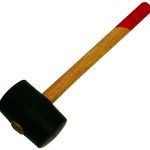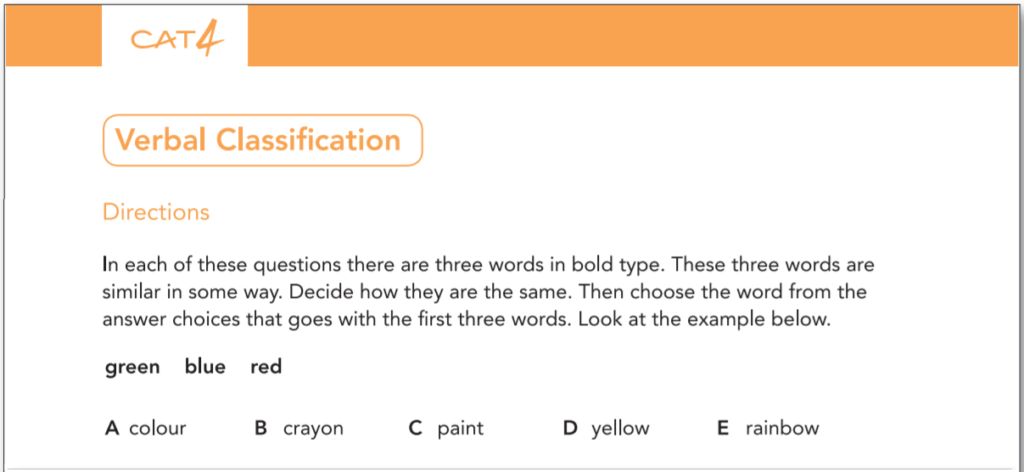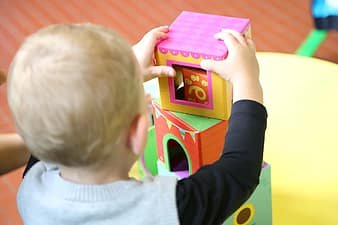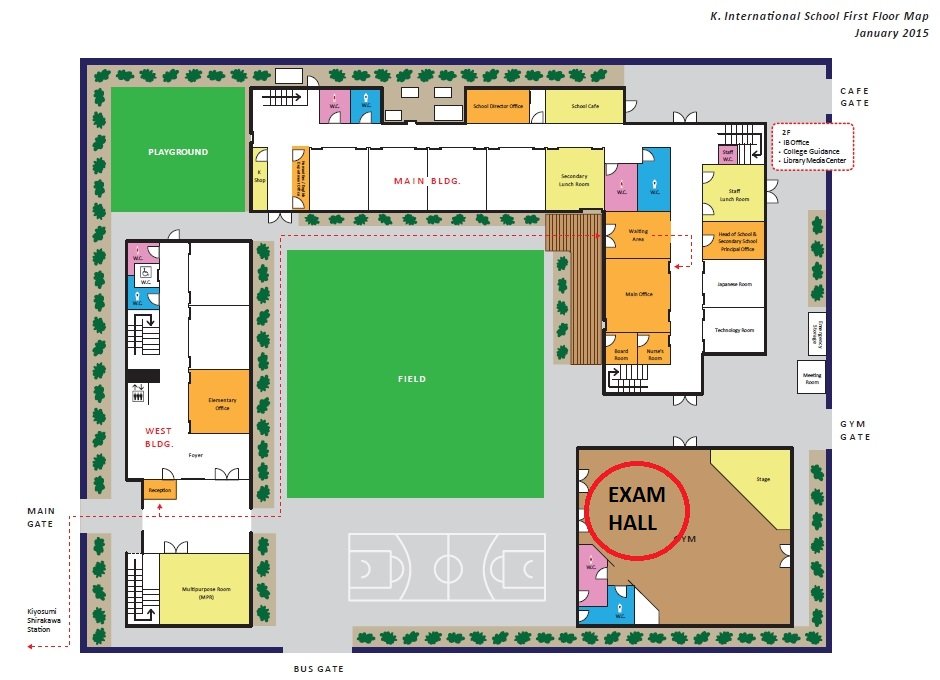Will CAT4 practice help? Can students practice their cognitive abilities? Will doing similar exams especially practicing the CAT4 help with performance in the real test? The CAT4 is the fourth edition of the cognitive abilities test published by GL Education and used widely across the UK and internationally. It is either part of the admission process or predicts the future performance of students. Questions presented within the CAT4 are similar to an IQ test but simplified depending on the level – also there is no domain specific knowledge being assessed e.g. science, formulas, etc..
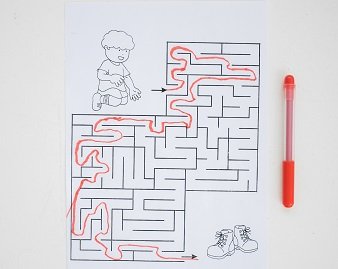
The different dimensions of our cognitive skills provide insight into our potential academic performance;
- Sustained Attention
- Divided Attention
- Long-Term Memory
- Working Memory
- Logic and Reasoning
- Auditory Processing
- Visual Processing
- Processing Speed
These abilities help your brain “think, read, learn, reason, pay attention and remember.” (International School of Arizona). For every parent the next question arises is “how can I help my child develop and practice and improve these cognitive skills?”
CAT4 Practice to Improve Assessed Cognitive Skills
Questions presented in the CAT4 are split into 8 different subtests in order to measure four different cognitive areas – each of which assess the 9 cognitive skills areas identified above. Various CAT4 practice activities can help your child develop and perform well in the CAT4 exam – but a word of warning – CAT4 skills develop over time so start finding and practicing activities as soon as possible:
| Verbal Reasoning (VR) | Thinking using words – measures the ability to identify patterns, determining groupings, and comprehend information in words. | Scrabble, word association exercises |
| Non Verbal Reasoning (NVR) | Thinking in shapes – measures ability to see patterns and classify, understand rules within shapes and match. | Pairs, video gaming |
| Quantitative Reasoning (QR) | Thinking in numbers – ability to understand numbers, their relationships, and patterns between them. | Banking games, monopoly, stocks and shares, graph interpretation |
| Spatial Awareness (SA) | Thinking in space – uses shapes in space to assess ability to understand how things can transform in a particular space or be seen from in different perspectives. | Lego, model building, origami, video games (oculus) – in moderation of course ! |
Basic Cognitive Skills Practice
We all have innate abilities, but practice is the number one factor that helps any child improve – so here are a a few examples of how to practice cognitive skills and accelerate a child’s development of fundamental core skills:
| Sustained Attention | Staying focused one task for a long time. Many children have trouble with this -this could be practiced by gradually increasing activity lengths and even having one project which spans multiple sessions over a period of days, weeks, months, and even years. A child needs to practice their ability to focus it doesn’t come naturally especially with longer tasks, and is even more difficult when tasks span multiple sessions. | Short projects, activities, which are gradually increased in length. Long term projects over multiples sessions. |
| Selective Attention | Being able to focus on one thing even with all the distractions in the world practicing this would be when doing your homework in front of the TV. Most children try this and fail miserably again explicit cognitive practice with a deliberate goal is key to improvement. | Working in a coffee shop, working while eating, working in front of the TV. |
| Divided Attention | Multi-tasking, or doing more than one task at a time; this is not entirely accurate since their still is a switch between one task and the other but developing the ability to do this quickly and efficiently is key to working in the real world. Again providing two tasks for child to practice which interrupt the child at regular intervals while doing the other task. Doing your homework while eating may progress to playing two chess games – takes a lot of practice to be able to multi-task efficiently ! | Assigning multiple tasks at the same time. Playing two games of chess a the same time etc.. |
| Long-Term Memory | A key skill in any test or activity – memorizing key information from past events; reviewing work for a week ago, two weeks ago, a month ago, a year ago. Gradually build up and ask for details as well as the big picture to help your child understand. | Ask questions on most recent work, older work, events from the past. Repeat consistently. |
| Working Memory | Quick instructions for a child to retain in working memory in order to complete a task. Practicing giving your child tasks and activities in this way will gradually strengthen their ability to retain information in working memory. | House chores, simple instructions, gradually building up to more complex tasks. |
| Logic and Reasoning | Logic and reasoning is modelled – and staying calm in overwhelming situations is a key skill to ensure these cognitive abilities are being used. Again parents can help children practice and develop these skills through activities. | Lego, real work problem solving, put together the next Ikea flatpack ! Variety is key. |
| Auditory Processing | This critical skill allows a child’s brain to better analyze, blend, and segment information. Auditory processing is especially useful when learning to read by helping better understand the information being presented. | Listening to the radio, listening to the TV without watching it. Listening to you – always ask follow up questions to ensure the listening is active. |
| Visual Processing | Just like auditory processing, visual processing helps interpret visual information better. Things such as images, maps, graphs, and tables will be much easier to analyze and understand. | Video games in moderation are an easy way to practice this cognitive skills. Jigsaws are another. |
| Processing Speed | Speed of thinking needs to be practiced. By throwing out random questions helps your child improve their neural pathways and practice their skills in information recall and processing. | Practice using quick fire tests, quizzes, and activities. |
CAT4 Skills Practice to Score Higher
Cognitive skills develop as we grow and however we break them down (the 9 areas from International School of Arizona or the 4 areas assessed in the CAT4 from GL Education) exposing your child to as many different experiences and providing opportunities for them to practice is key.
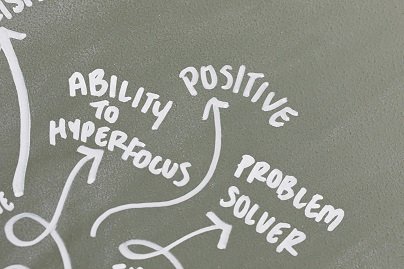
Developing cognitive skills will improve a child’s performance, but it is incredibly important to appreciate that every child is unique and will learn at their own speed. Also one child may have a tendency to be more comfortable with auditory tasks while another visual – we provide practice opportunities for both their strengths and their weaknesses.
Cognitive skills and IQ test makers will adamantly state you should not revise for a cognitive skills test – so this implies CAT4 practice tests are out of the question – I disagree with this and believe our children our developing and practicing their cognitive skills as soon as they are born. If we provide deliberate cognitive skill practice which will focus on the four areas in the CAT4 then this is simply a way of providing the opportunity to develop. CAT4 practice involving actual question can even form a part of this and may even help in developing a child’s basic cognitive skills outside the area of skills assessment.
Bottom line is you should provide your child with as many experiences as you can to practice the cognitive skills described above (this will ultimately include the areas involving any CAT4 Practice). Every child can improve and every child has the potential through the correct practice and developmet.

